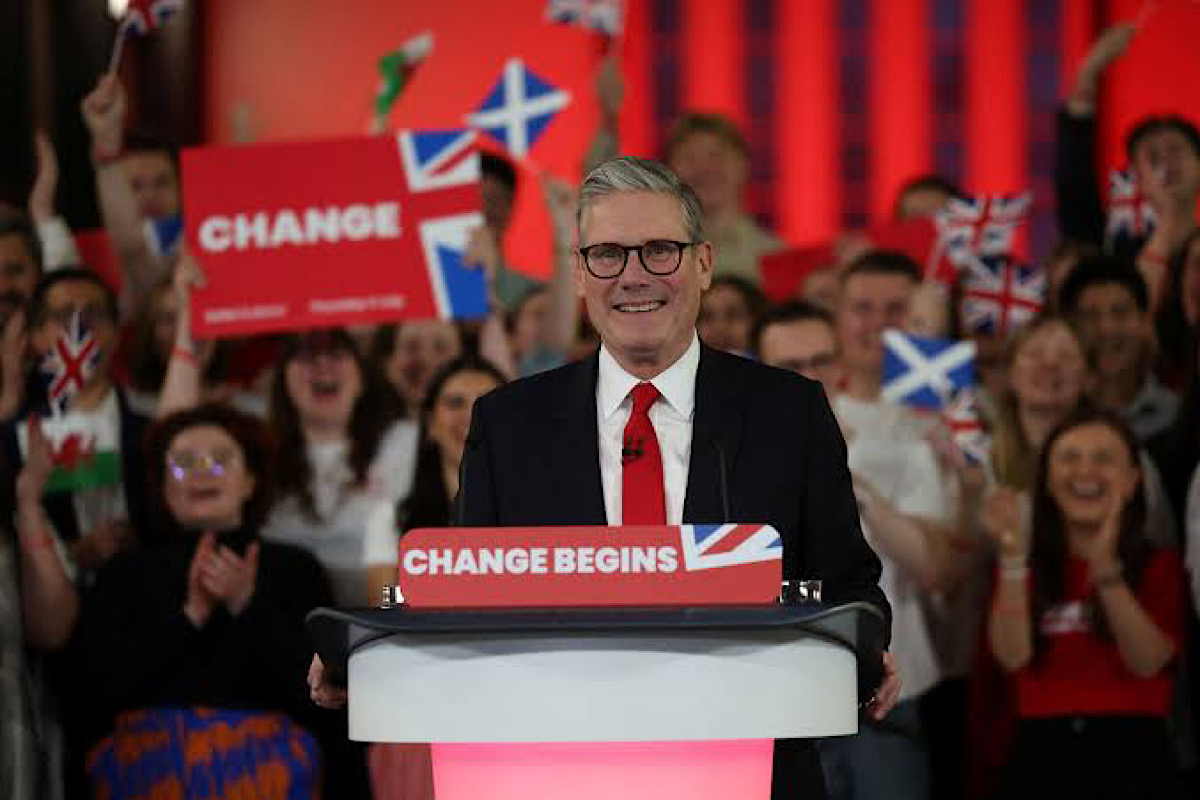British Prime Minister Keir Starmer’s visit to Brussels signals a key shift in the UK’s approach to its relationship with the European Union. After years of post-Brexit friction, his goal was clear: to rebuild trust and cooperation between the UK and its continental neighbours. This visit marks a pivotal moment in UKEU relations, offering a glimpse of potential collaboration in key areas such as defence, security, and trade, while also highlighting the deep-seated challenges that remain.
Mr Starmer’s push for closer cooperation on defence and security is the most straightforward path for rapprochement between the two sides. The war in Ukraine has united the UK and the EU in a common cause, as both have imposed sanctions on Russia and supported Ukraine militarily. This shared objective could serve as a foundation for broader strategic alignment, making it easier to find common ground in areas such as energy security and countering cyber threats. Mr Starmer’s call for cooperation on these issues reflects a pragmatic approach that steers clear of ideological divisions, aiming instead at areas where both parties can work together for mutual benefit. However, other aspects of Mr Starmer’s agenda may prove more difficult to navigate.
Advertisement
Trade, in particular, remains a sticking point. While Mr Starmer has expressed a desire to reduce trade barriers that have hampered the UK economy postBrexit, the EU remains wary. The regulatory barriers that have emerged since the UK left the single market and customs union are, in the eyes of the EU, a consequence of the UK’s own choices. Mr Starmer’s reluctance to renegotiate the fundamentals of Brexit, such as rejoining the single market, limits how much trade cooperation can realistically improve. The EU is unlikely to make significant concessions without receiving something in return, meaning trade-offs will be inevitable. In this context, Mr Starmer’s balancing act ~ maintaining Brexit’s outcomes while seeking to ease some of its burdens ~ will be a difficult one to manage. Migration is another area fraught with complexity.
Mr Starmer’s government has taken a strong stance on reducing immigration, drawing a red line against any return to free movement. At the same time, the EU is pressing for more legal migration routes to ease pressure on member states receiving large numbers of irregular migrants, many of whom aim to reach the UK. Finding a compromise on a migration policy that satisfies both parties is likely to be a major challenge moving forward. Ultimately, Mr Starmer’s trip to Brussels reflects the beginning of a cautious thaw in UK-EU relations. While both sides are keen to move beyond the acrimony of Brexit, the legacy of that period continues to cast a long shadow. Rebuilding trust and fostering cooperation will take time, and while progress can be made in areas like security and defence, deeper divisions over trade and migration are likely to persist. Starmer’s approach, rooted in pragmatism and an emphasis on deliverables, offers hope for a new chapter.











